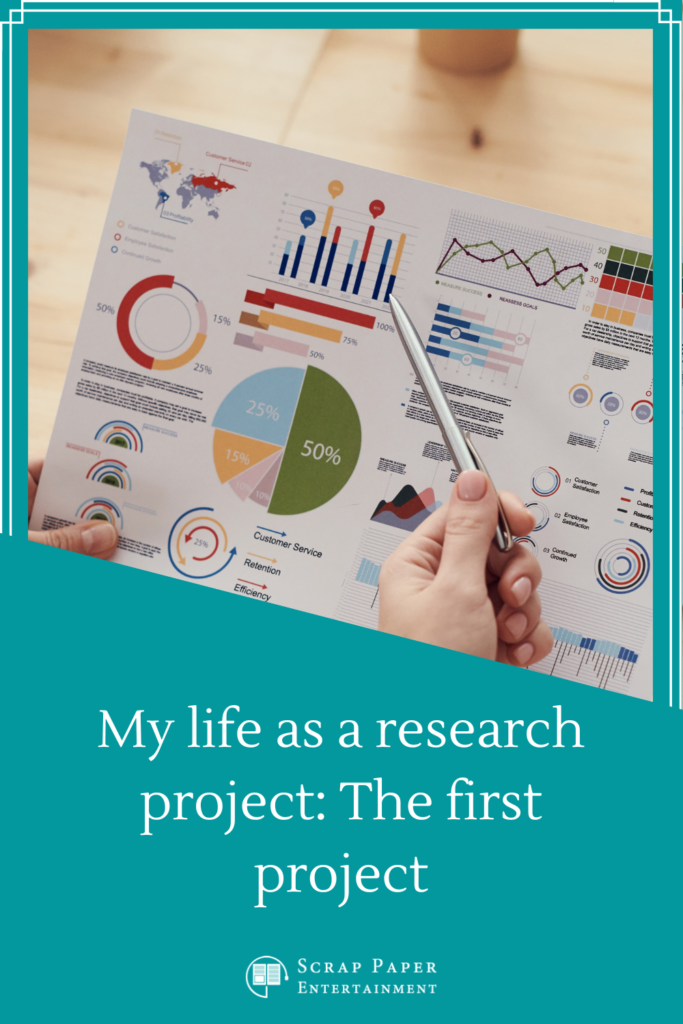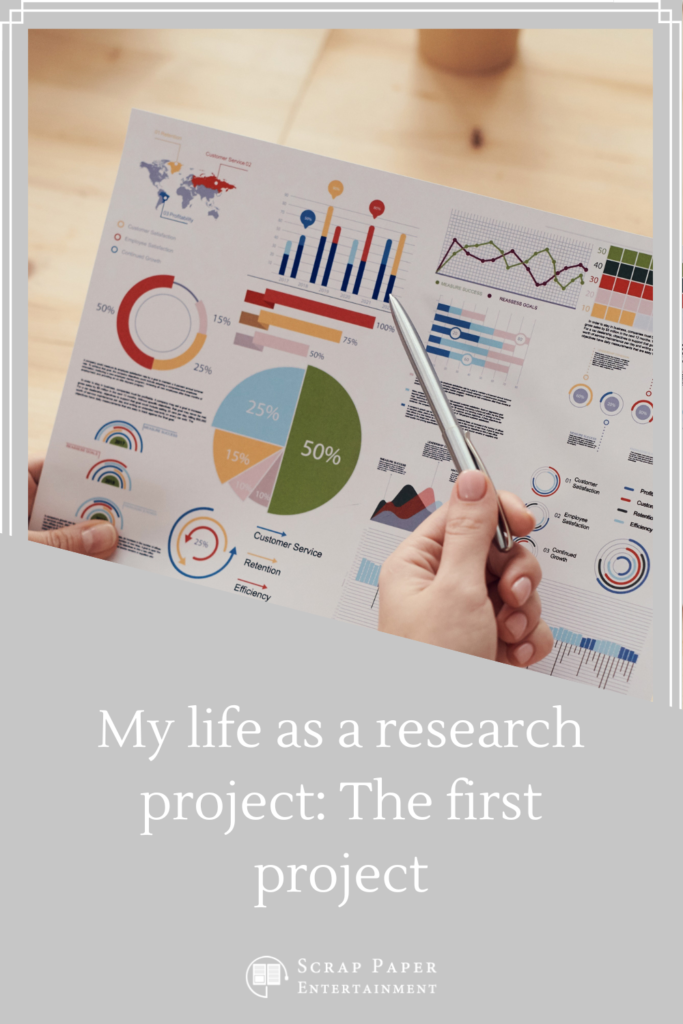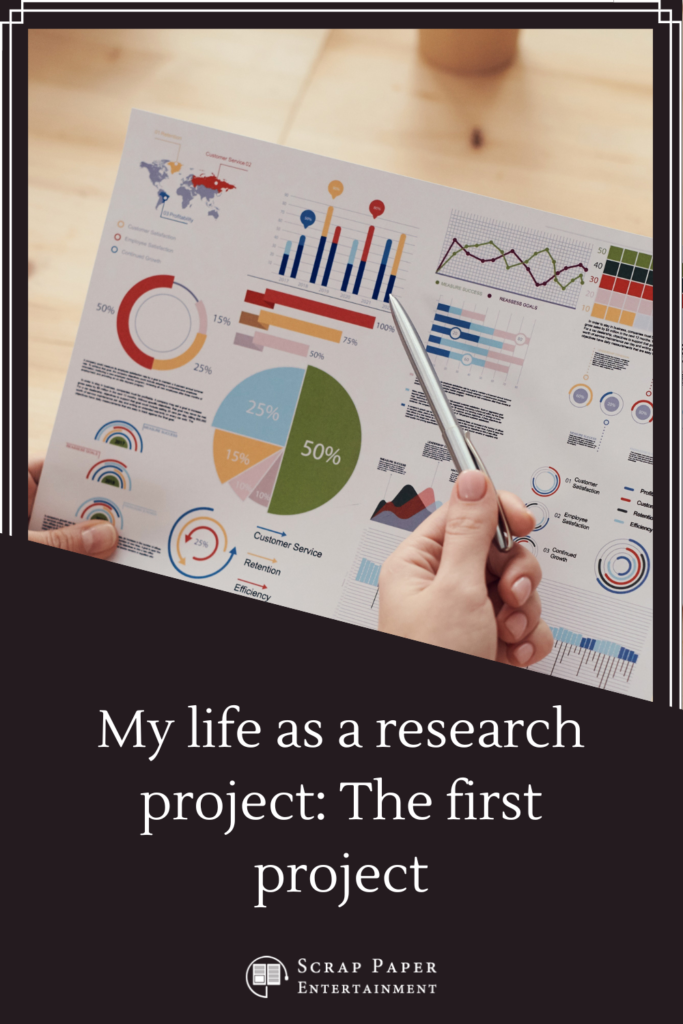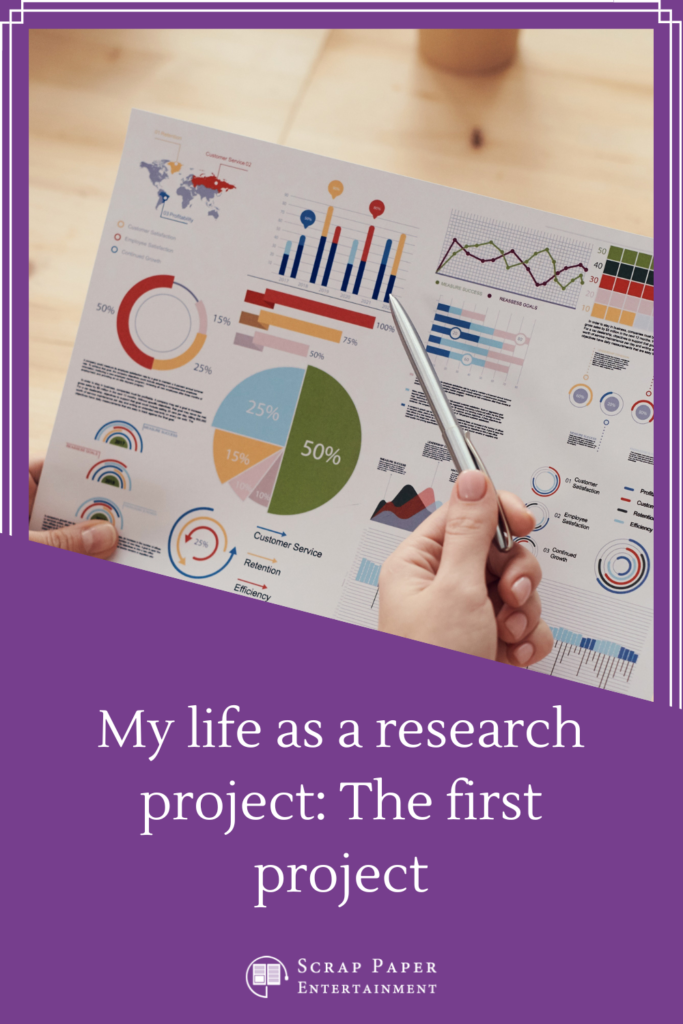Picture it: I had done all the work to get myself ready. I had identified the areas of my life that were important to me, hypothesis around what would make those areas better, and clear metrics that would make it obvious when I was improving or not.
And then I ended up breaking my brain.
The easy-to-explain version is that I ended up with a disease-induced concussion. I was having trouble holding thoughts together, stringing words together, and having constant migraines, dizziness, all sorts of things that essentially took me right out. I was bedridden for a couple days, even! It was a rough time.
But once I started to pull myself together a little, I tried to take this as an opportunity. Getting myself better could be the first thing. And so a new hypothesis and new metrics were born! ((Which took weeks to put together, but ignoring that…))
If I can think clearly, I can accomplish my goals
I had been told from friends who had been through the same thing what to expect and that was that I would essentially need to treat this like a concussion recovery program. I had no idea what that actually entailed, but I could figure out where I was now and where I wanted to be. So my key metrics were being able to maintain the following over three days without crashing:
| Metric | Starting | Return to work goal | Recovery goal |
|---|---|---|---|
| Minutes per day I could maintain concentration on something over the entire day | 40 | 240 | 600 |
| Minutes I could sustain attention on a single task | 5 | 30 | 120 |
| Average complexity of tasks (Scored out of 5) | 1.5 | 2.5 | 4 |
With this in mind, I started tracking everything and trying everything I could to try and make those numbers good. I ran a lot of experiments on myself, from trying to make sure I was timing myself to make sure I was taking adequate breaks to actually writing down what I did on breaks so I knew which activities were restful and which ones were making me worse.
As I figured out what worked and what didn’t, there were a lot of small, incremental changes. I started the day with planning what I was going to do. I used Pomodoro to make sure I stopped and didn’t work for longer than I knew I was able to, then increased as I went slowly. I started taking notes when I did anything so that I could reduce the amount my brain was actively working. And slowly, I was getting better.
Some things didn’t ultimately matter that much. I wasn’t getting light headed, for instance, now that I was off work. Some tasks I’d initially thought were fairly light on the cognitive functions were actually a lot heavier than suspected. There were a bunch of things I just couldn’t do, such as writing. And I miss that, but I have to refrain until I’m better.
And, of course, I had to adjust my systems a lot as I went along as I found things that worked or didn’t. For example, I needed to track conversations differently because I couldn’t take a break from them and often couldn’t take notes while I was talking to someone to try and refer to them later. Conversations were, really, the hardest things I did.
Where were the medical professionals that could have helped guide me through this? That is a rant for another time.
As I write this, I’m still very much in the process, but I have at least hit the return to work milestones. And hopefully that return to work won’t impede my progress on my way to a full recovery!



